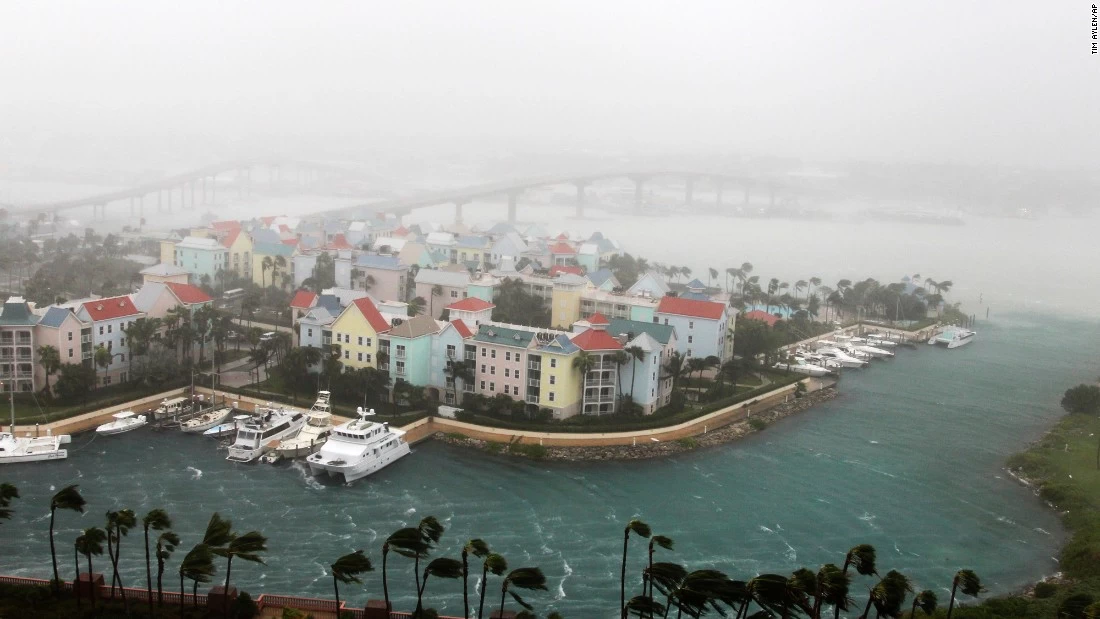Gov. McCrory Offers Advice with Hurricane Matthew Insurance Claims
RALEIGH, N.C. (WAVY) – Governor Pat McCrory offered advice to Hurricane Matthew victims filing out insurance claims in a press release on Saturday.
Gov. McCrory urges those impacted by the storm to register with FEMA and make contact with their insurance company to assess damage.
The governor offers the following tips to Hurricane Matthew survivors regarding property damage:
- Regardless of whether you do or do not have homeowners’ insurance, register with the Federal Emergency Management Agency (FEMA), at www.DisasterAssistance.gov, by downloading the FEMA mobile app, or by calling 1-800-621-3362.
- Contact your insurance agent as quickly as possible and ask for instructions on what to do until your adjuster arrives.
- Homeowner’s insurance policies do not protect against losses from floods, mudslides, mudflows or landslides, but they do cover such damage like fallen trees on roofs and vehicles.
- For help locating an agent in your area and to learn more about the National Flood Insurance Program (NFIP), visit www.floodsmart.gov
- Prepare an inventory of damaged or destroyed personal property and take pictures of the damaged property.
- Protect your property from further damage. Reasonable expenses to protect your property are part of the loss and are generally reimbursed by insurance companies. Keep all receipts.
- Do not have permanent repairs made until your insurance company has inspected the property and you have reached an agreement on the cost of repairs.
- If necessary, rent temporary shelter. If your home is uninhabitable, most homeowner’s policies pay additional living expenses while the property is being repaired. Before renting temporary shelter, check with your insurance company or agent to determine what expenses will be reimbursed.
- Review the claim settlement steps outlined in your policy. If you are dissatisfied with the proposed settlement offer, explain your position. If there is a significant difference between what the insurance company offers and what you believe you are entitled to, you may submit the dispute to arbitration.
Additional insurance tips:
- Damage to a home from fallen trees is covered under most homeowner’s policies. Most companies will pay to have trees removed from the damaged structure, but not from the yard.
- Most homeowner’s policies cover damages to appliances that result from a power surge when power is restored to the home. Some electronic components may not be covered.
- Damages to parked vehicles from fallen trees are covered under comprehensive automobile insurance.
- Insurance adjusters are required to properly identify themselves and, if requested, show the claimant the license issued by the Department of Insurance.
- Adjusters are not permitted to accept gratuities and are not permitted to buy salvage from claimants.
- Adjusters cannot intimidate or discourage claimants from seeking legal advice.
- Claimants are not required to use the contractor the insurance company recommends.
- If a claimant believes the repair or replacement figure quoted by the adjuster is not adequate, the claimant may solicit other appraisals. The claimant may present the additional appraisals to the adjuster for a possible reconsideration.
Residents and business owners must begin the disaster application process by registering online with the Federal Emergency Management Agency at www.FEMA.gov, or by calling FEMA at 1-800-621-3362. For more information about SBA disaster assistance for individuals and businesses visit: www.sba.gov.

